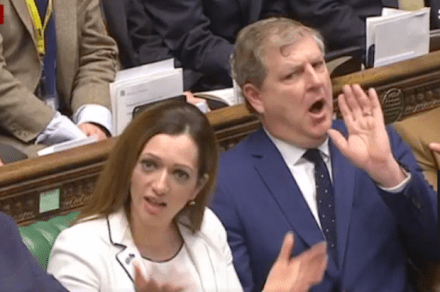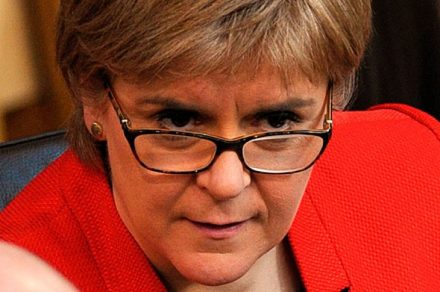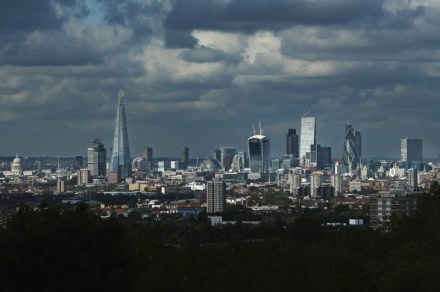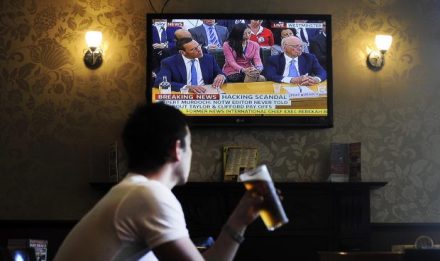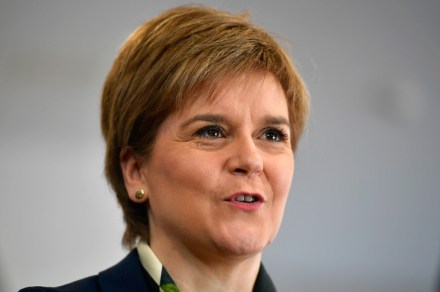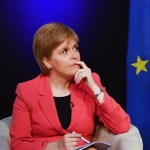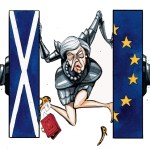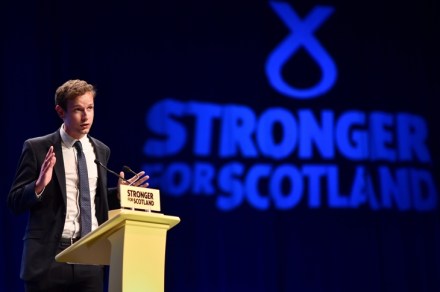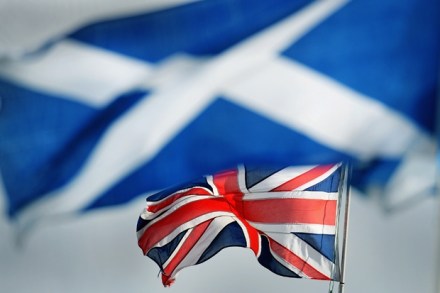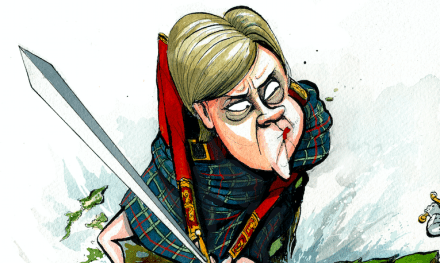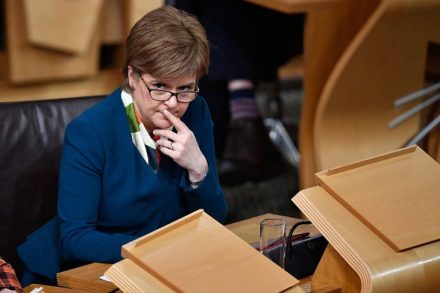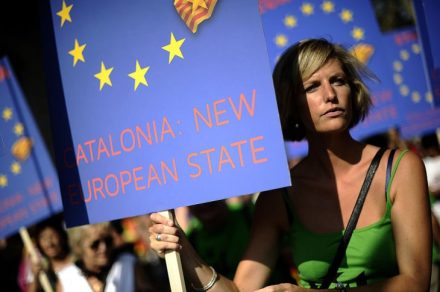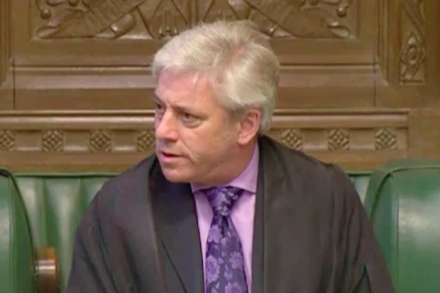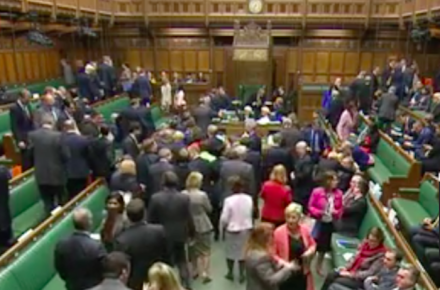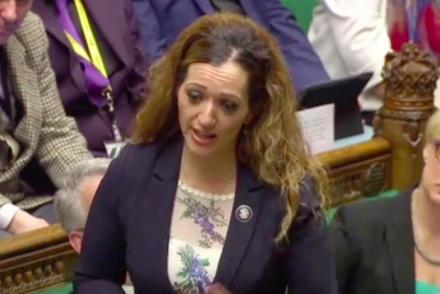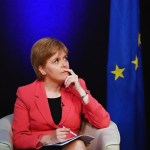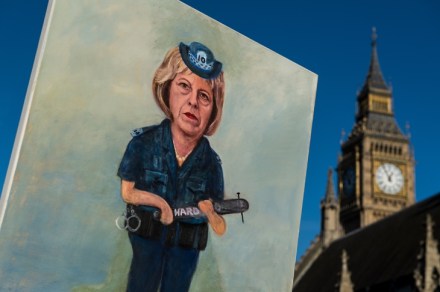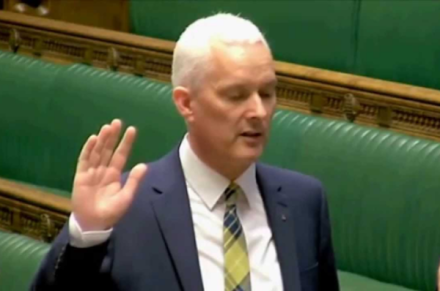SNP resort to desperate tactics in the Chamber
As Theresa May gave her statement on Article 50 in the Chamber this lunchtime, there was a fair bit of heckling. The SNP benches persistently barracked the Prime Minister — with Angus Robertson, the SNP Westminster leader, talking throughout. This wasn’t the first heckle to emit from the benches, with Joanna Cherry and Philip Boswell earlier scolded by the Speaker for ‘unseemly’ behaviour. When Robertson got up to deliver his response to May’s statement, he tried to lay the groundwork for ‘IndyRef2’ as he complained that the government were ‘incapable of understanding people voted to remain’ in Scotland — but then he stopped. The reason? A light heckle from the Tory benches. Lacking
